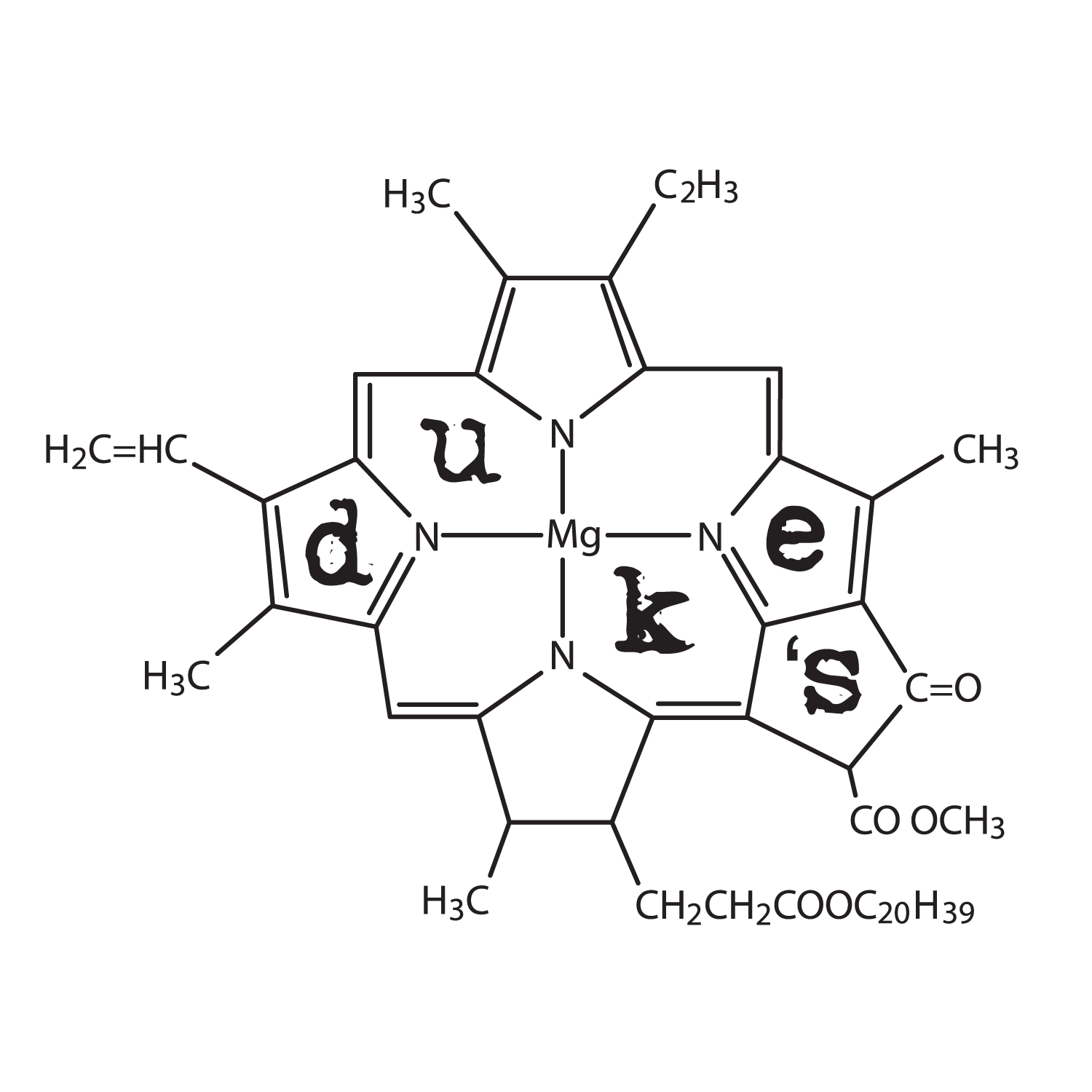Flexitarianism
Flexitarianism is a dietary approach that emphasizes primarily plant-based foods while allowing for occasional consumption of meat and animal products. It promotes a flexible, balanced diet, encouraging individuals to incorporate more fruits, vegetables, whole grains, legumes, and nuts into their meals while still enjoying meat in moderation. This approach aims to combine the health benefits of vegetarianism with the flexibility of a more traditional omnivorous diet, making it a sustainable choice for those seeking to reduce their meat intake without completely eliminating it.
Recently, I came across a post about Steak and Shake's decision to switch from shortening to beef tallow for frying their fries. The news, which I discovered through an online vegan group, sparked a debate about the environmental implications of this change.
This led me to reflect on my own struggles with reducing meat consumption and my commitment to environmental sustainability. While Steak and Shake's decision was likely driven by flavor, not environmental concerns, it raises questions about the comparative environmental impact of using tallow versus vegetable oil.
I'm not here to argue for or against veganism. I simply believe we should focus our efforts on creating a better future. If we can enjoy fries cooked in beef tallow alongside a veggie burger, I'd argue that's a relatively guilt-free meal from an environmental perspective.
By making mindful choices – like opting for small fish over large fish, chicken over beef or pork, or treating animal proteins as a side dish – we can improve our diets without feeling guilty or developing an unhealthy relationship with food.
If you can embrace a vegan lifestyle, that's fantastic! We need more vegans in the world. But for those who, like me, find it challenging to eliminate animal products entirely, I believe flexitarianism offers a sustainable and achievable approach.
